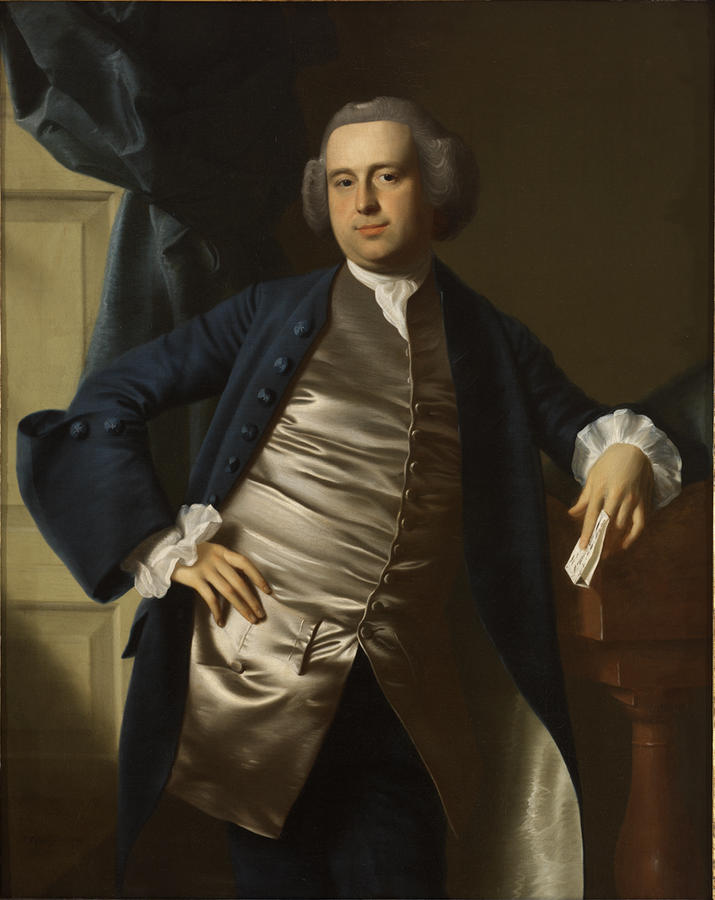“The horses lately taken from Noddle’s Island”
Provincial troops returned to the island on 30 May and 10 June to remove the remaining livestock and burn the structures still standing on Henry Howell Williams’s farm.
On 2 June, the Massachusetts Provincial Congress appointed a five-man committee to consider what to do with “the horses lately taken from Noddle’s Island.”
That committee decided to treat a significant number of those animals, if not all, as belonging “to our enemies” and thus as the spoils of war. Perhaps those horses really had been the property of the British military, left to graze on the island. But we know that Williams had raised horses on that island, and on 12 June he told the congress that provincial soldiers had taken more than eight horses from his farm.
Before that petition arrived, the congress had adopted its committee’s recommendation:
the same horses be delivered to the committee of supplies, to be by them used and improved for the benefit of the colony, as they shall think fit, until further order from this or some future congress, or house of representatives.On 13 June, one horse was grazing outside Edmund Fowle’s house in Watertown, where Provincial Congress committees met. The congress assigned “the horse in Mr. Fowle’s pasture in this town, which was taken lately from Noddle’s island,” to James Sullivan. Along with two other delegates, he was about to head west to inspect Crown Point and Fort Ticonderoga, and he needed transportation.
On 3 July, the committee of safety resolved:
Henries Vomhavi, an Indian, having represented to this committee, that he had taken two horses at Noddle’s island, one a little horse, which he is desirous of retaining as some recompense for his fatigue and risk in that action, in which, it is said he behaved with great bravery; it is the opinion of this committee, that said Indian should be gratified in his request, which will be an encouragement to others in the service…The next day the full congress heard the “recommendation of the committee of safety relative to an Indian’s having a horse.” Yet another committee endorsed the plan to give Vomhavi the small horse “to encourage his further brave conduct and good behaviour in camp,” and the congress agreed.
The Provincial Congress thus recognized how the Stockbridge company was a valuable part of its army, and how its men might have particular expectations in regard to warfare. While Sullivan was supposed the return the first horse, the second now belonged to Vomhavi.
TOMORROW: And for Henry Howell Williams?




